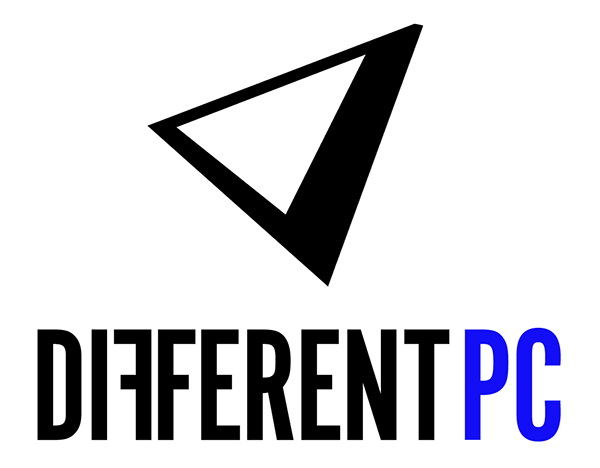Don’t I want Windows 10 Pro on my audio workstation instead of Windows 10 Home?
Only if you want to spend more money for no reason! Windows 10 Pro offers nothing that will impact 95% of our customers! In the past, there were real feature and performance differences in various versions of Windows, but in Windows 10, performance across versions is identical. These are the differences:
- The Pro version is required for managing desktops in a Windows Domain, which is when PCs are used in office network environments. You’d have to be a bigger tech geek than we are to run a Windows Active Directory infrastructure in your home!
- The Pro version includes Microsoft Remote Desktop, used by system administrators in offices to provide remote support. We can help you via other popular solutions like LogMeIn.
- The Pro version is required for machines with more than 128GB RAM. This is just a “server tax” of sorts, as there’s no functional difference.
What is the Different PC White Glove System Startup?
Would a custom shop guitar leave the factory without a professional setup? Well, neither should your PC! We will set up a new Microsoft account for you, or we can create your user account with an existing Microsoft account. We’ll make sure all of the latest software patches and updates have been applied, all the necessary software utilities are installed (like for controlling your cool keyboard lighting), and we’ll make sure the basic Windows 10 settings provide reasonable personal data privacy. We’ll optimize system performance, and even install some basic audio apps if needed (like Pace iLok support, for example).
When will you have rack systems and laptops available?
We are capable of building rack-mounted PCs today, and we’ve selected our case manufacturer, but we haven’t settled on all of the specs yet. Just contact us if you want a rack-mounted system. We’re using the same premium motherboards and internal components as our popular desktop systems. We expect to have laptops ready to go soon.
What do you run in your studio?
Founder Scott Kahn says: “I’m running a DPC1 with 32GB RAM, 1TB SSD M.2 boot volume, 1TB SSD data, and a 4TB HD for session files. I typically record to the data SSD and then archive/back up my sessions onto the HD. But then I also use various external hard drives and/or enclosures containing other sessions. I use Avid Pro Tools and PreSonus Studio One Pro, plus tons of plug-ins and virtual instruments. I’m a big fan of soft-synths like Roland Cloud, Arturia V-Collection, AIR Collection, and Rob Papen’s Blue.”
Why do you use the Intel Core-series processors? Isn’t Xeon supposed to be the really powerful line of processors?
In short, the Intel Core i9 and i7 CPUs are superior for audio (we only used the i9). Fewer cores running at higher clock speeds are more advantageous over more cores running at slower clock speeds.
The long answer: Intel is very clear about this. The Xeon range of processors are intended for use in servers, while the Core line is for high-performance desktop (and laptop) computing. Server use is focused on high volume, small sized transactions, like serving web pages, sharing files, and running large databases. The nature of server-based work benefits from multiple CPU cores processing multiple requests in parallel, and slower core speeds are perfectly suited to the tasks.
But the linear nature of audio streams, and how signal processing is managed, has repeatedly demonstrated in real-world performance testing that faster CPU cores significantly outperform server-optimized CPUs. If you’re rendering large video files, where movie exports take literally hours to complete, Xeon CPUs are advantageous, as this process can be optimized and broken apart into chunks of data that can be processed concurrently. But for audio production, Xeon doesn’t help.
We know what you’re wondering next: why does Apple use Xeon in their Mac Pro line? Back when the first Mac Pros came out in 2009, the 64-bit Xeon chip had a real performance advantage over the standard 32-bit Core CPUs. But once everything moved to 64-bit computing, the advantages diminished.
Is the new late-2019 Mac Pro powerful? Absolutely. For video rendering, loading it up with extra CPUs and extra cores can shave hours of time off of renders. And for scientific applications and VR development, it will probably be quite fantastic. Will it have any advantages for music production and recording? No! And, the base configuration is a complete waste of money. A Different PC will offer significantly better performance in the studio for less than half the cost. There are even iMacs in the Apple line that will be faster at audio processing for half the cost.
